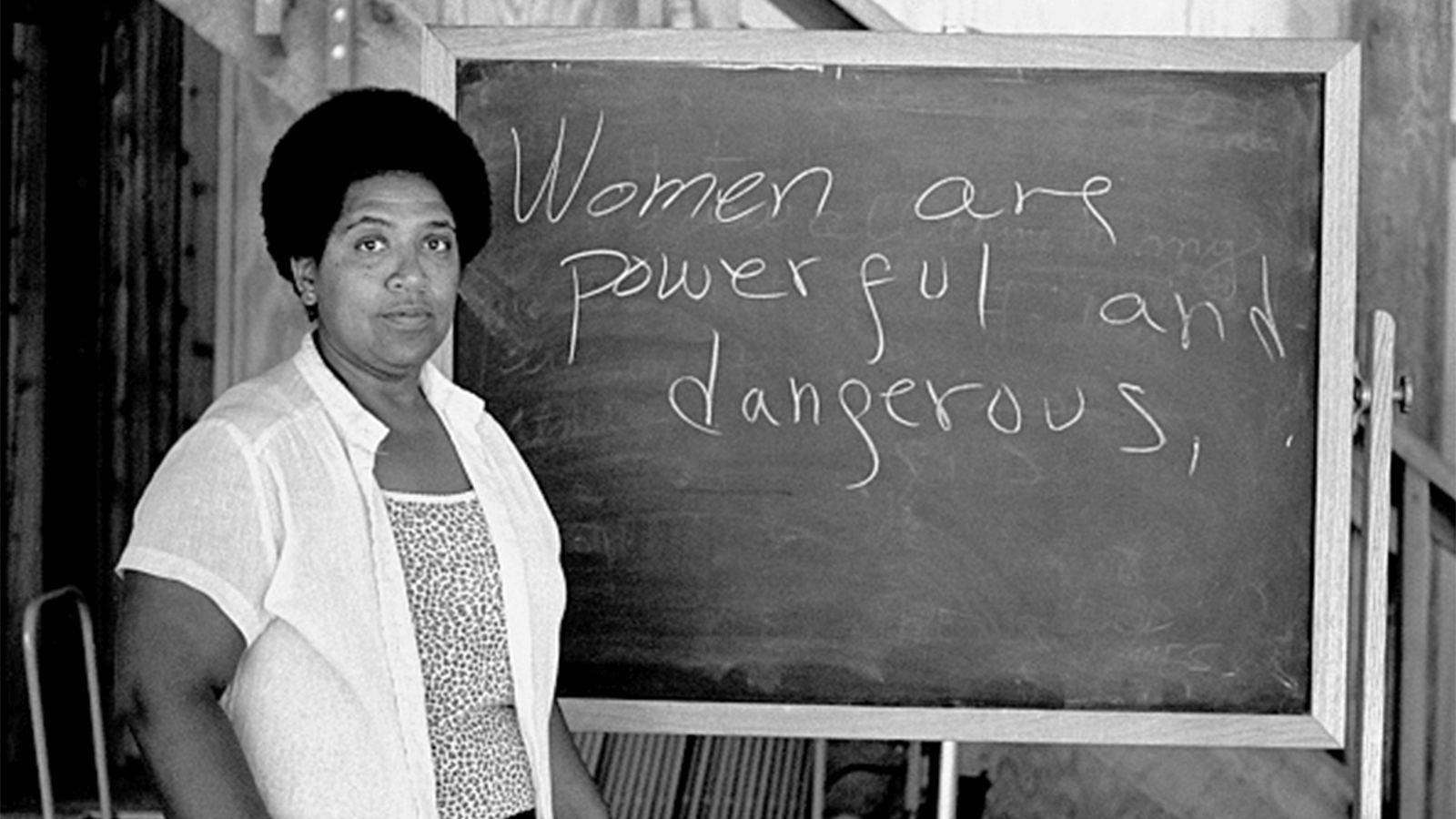Dead Weight: Emmeline Clein On Disrupting Eating Disorder Culture Through Her Writing
It’s 2024 – why are we still having conversations about eating disorders? Because we must. We live in a culture that promotes thinness at all costs and punishes those who don’t fit the mould; one of starvation and self-harm. Perhaps the better question is: what woman hasn’t had an eating disorder? (Though, in fact, it’s not just an issue for women, but for all.) “It’s tragic, but it’s true,” explains Emmeline Clein, author of Dead Weight, a new release dissecting the depths to which eating disorders consume every inch of society.
In Dead Weight, Clein argues that the ubiquity of eating disorders among women in particular is the very reason they’ve gone unaddressed. “Eating disorders have been overlooked from an intellectual, social and political perspective because of their association with women,” she explains, weaving together the likes of diagnosis failures, pro-anorexia Tumblr forums, and depictions of eating disorders in popular media like Jennifer’s Body, Girls, Fleabag and more in making her case. “I wanted this book to be a choral narrative collage,” Clein says. “A project of attention to stories that we don’t take seriously.”
Dead Weight calls for the dissolution of these structures. This includes the vocabulary surrounding eating disorders. “The spectrum of anorexia and bulimia was created for diagnostic coding, making it easier for health insurance companies to charge us,” Clein explains. But really, there’s so much symptom overlap. “A high percentage of anorexic people become bulimic, and vice versa,” Clein says, meaning that differentiation is not actually that useful for treating the diseases.
Among other things, Clein also details the warped logic of Eating Disorder Not Otherwise Specified (EDNOS), the most common diagnosis in the US that affects an estimated 3.8% of women and 1.6% of men at some point in their lives, but doesn’t qualify for insurance coverage. “EDNOS is what’s on your medical chart if you have symptoms of both anorexia and bulimia, but ‘not enough’ of one specifically,” Clein explains, having been diagnosed with EDNOS at 13. “It felt like a dare to lose more weight. You’re telling people who have a disease motivated by the idea that they’re not thin enough, that they need to be even thinner to be treated. It’s a cruel microcosm of how little our society cares about these diseases.”
The same goes for dieting misinformation. “It’s horrifying,” Clein says, explaining that the dangers of ‘weight cycling’, defined as repeatedly losing and regaining weight, are downplayed because obesity research is buoyed by companies that sell weight loss drugs and products. “They have an interest in funding studies that show the correlation between being larger and worse health outcomes,” says Clein, explaining that this relationship does exist, but it’s because those who carry more weight are more likely to go on regular restrictive diets. “In studies that control for weight cycling, there is almost no change in your mortality rate if your weight is considered fat, as long as that weight itself remains stable,” she says.
Having overcome an eating disorder myself, Clein and I discuss how now we accept that people will treat us differently at heavier weights, rather than trying to convince ourselves that ‘weight doesn’t matter’. This coping method is often invalidated in treatment settings, where patients are told eating disorders warp the brain and convince them that thinness is more significant than it is. “But really,” Clein says, “it’s hard to recover because thinness is so important in our society.” And yet, armed with information and literary zeal, Dead Weight will leave you ravenous for a more equitable and safe future, where the perfect body is the one you already possess.
Dead Weight is out now in the US and will be available in the UK from 4 April 2024
Madeline Howard is a writer and editor based in Brooklyn




